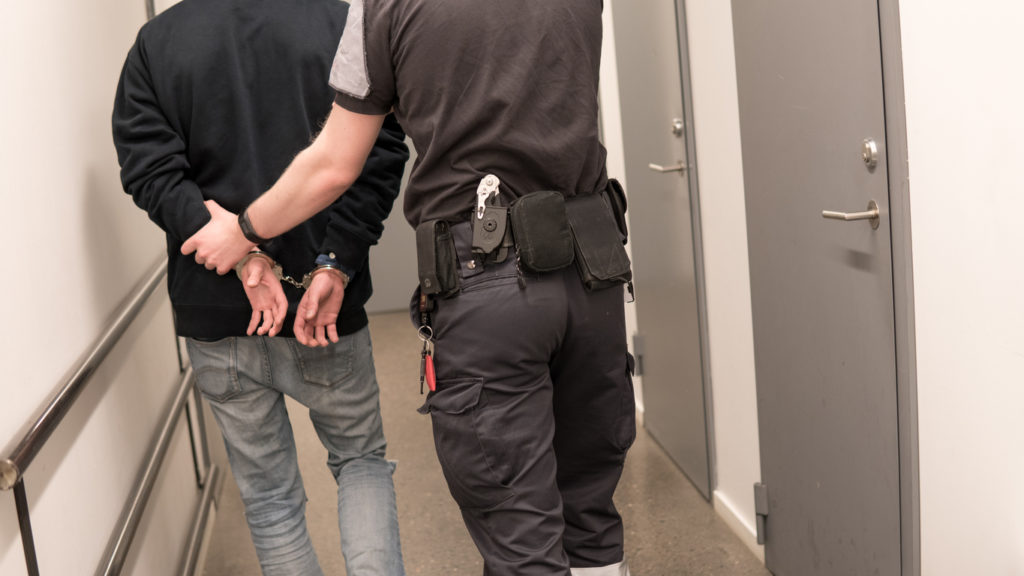Why Isn’t Suicide Prevention in County Jails Saving More Lives?-Pt.20

Myths about Inmate Suicide Continued
Myth: You can’t prevent inmates from committing suicide if they are determined to do it.
Fact: Suicide is preventable but at the same time unpredictable.
Most people contemplating suicide are usually experiencing hopelessness and intense emotional pain. They have a negative view of their future. Psychologists say suicide is a product of mental health issues, genes, and environmental risk factors.
The suicidal behavior of inmates can be reduced if they get help in alleviating stressors and resolving personal problems. Psychiatric therapy can usually help as well as taking medications.
Suicide is a solitary act. Although conclusive research shows that suicidal individuals should not be alone, jails usually house them in single cells. The requirement to have face-to-face observations of inmates every 15 minutes or 30 minutes, depending on the level of risk, is considered a crucial part of suicide prevention.
After a custodial suicide has occurred, the Texas Commission on Jail Standards (TCJS) conducts a special jail inspection. Written observation records and videos showing when face-to-face observations occurred are reviewed as part of these inspections. TCJS inspectors often find that jails are non-compliant because they don’t provide supervision of inmates as required.
Also learn more in Part 1, Part 2, Part 3, Part 4, Part 5, Part 6, Part 7, Part 8, Part 9, Part 10, Part 11, Part 12, Part 13, Part 14, Part 15, Part 16, Part 17, Part 18, and Part 19 of this continuing series.
Providing help to inmates now or formerly detained in a Texas municipal or county jail is one of the purposes of this website. There is never an intention of implying that misdeeds have occurred on the part of individuals or institutions.
–Guest Contributor
